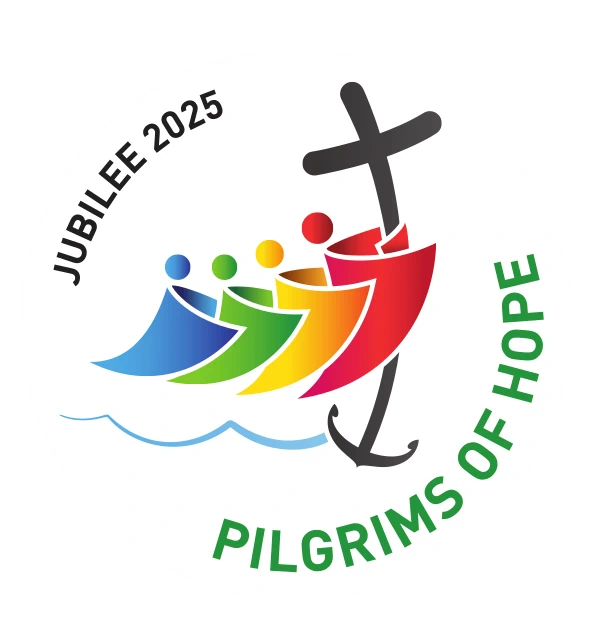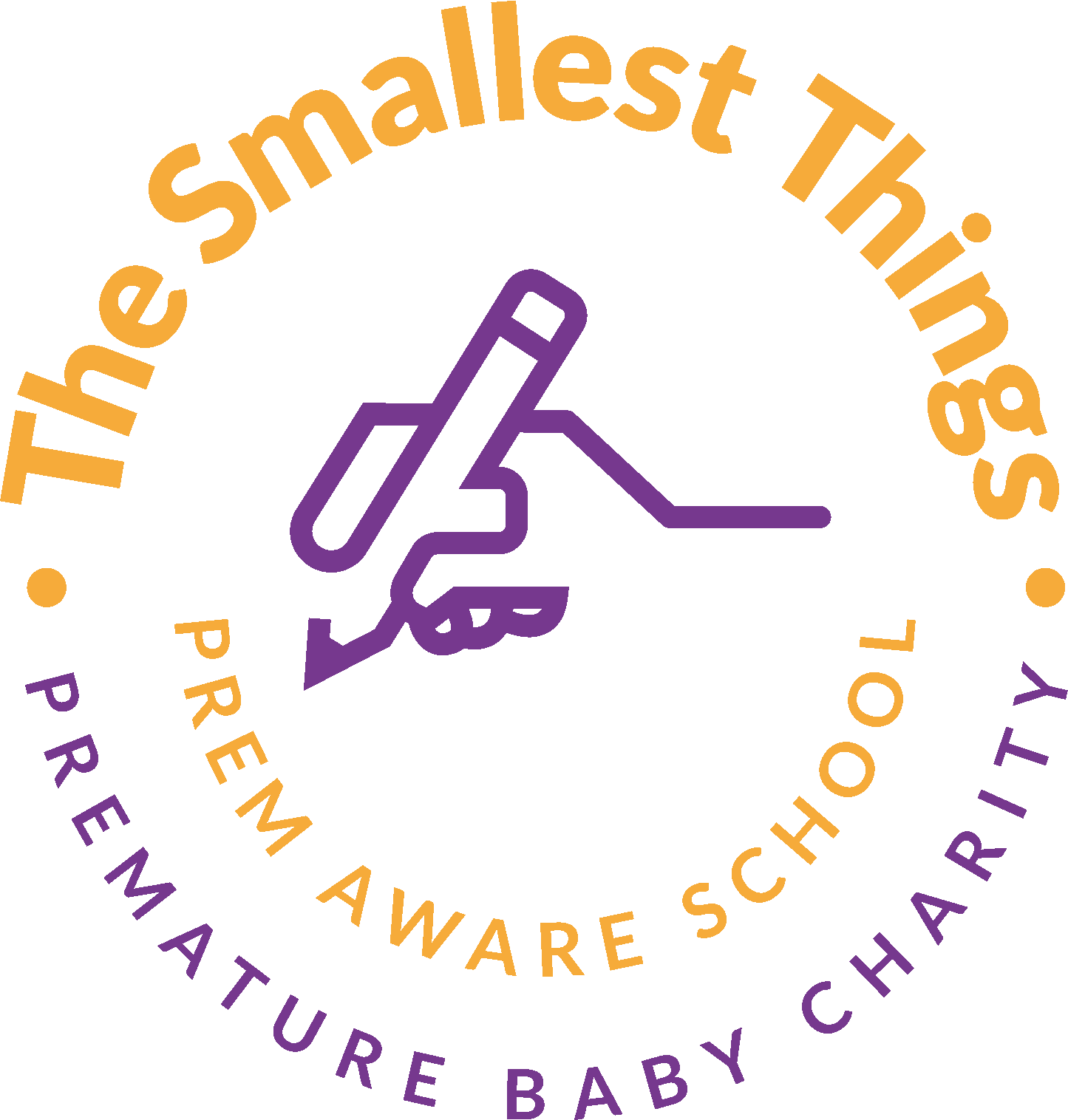Physical Education
Intent
At St Elizabeth’s, a high-quality physical education curriculum helps all pupils to succeed and excel in competitive sport; try new physically demanding activities and inspires students to live healthy, active lifestyles.
A key aim of our PE provision is to develop competence to excel in a broad range of physical activities. All students will take part in at least 2 hrs of physical active during the school week. This aim is achieved through PE lessons and active break / lunch times.
We aim for children to have acquired the essential characteristics of a well-rounded sports person:
- All Students will take part in a range of invasion games developing the students understanding of defence and attacking play.
- All students will take part in gymnastics lesson to develop body control, apparatus work, sequencing, teamwork, and performance.
- All students will take part in dance and develop performance, planning, body control and rhythm.
- All students will take part in a swimming programme with the intention to develop water confidence, safety and the ability to swim 25m competently.
- All students will take part in outdoor adventurous activities and develop character traits of resilience, teamwork, social interactions, and planning.
- All students will aim to develop a strong foundation in fundamental movements.
- All students intend to develop their physical literacy skills.
- Students will develop the control and manipulation skills over object (bat, racket, ball)
- All students will develop the skills and characteristics in being a good leader.
- All students will develop the understanding of how to be a good team player to support and achieve a common goal.
- Develop strategy in overcoming challenge and developing resilience.
- Learn about the different parts of living a healthy lifestyle, both in body and mind.
We use the Chris Quigley’s Essentials Curriculum to teach PE. This curriculum has helped to craft the content, assessments, and progressions within the PE programme. A models-based approach and pedagogy will be used in lesson to increase overall engagement within Physical education.
Implementation
Curriculum drivers shape our curriculum breadth in physical education. They are derived from an exploration of the backgrounds of our students, our beliefs about high quality education and our values. They are used to ensure we give our students appropriate and ambitious curriculum opportunities.
Cultural capital gives our students the vital background knowledge required to be informed and thoughtful members of our community who understand and believe in British values.
Curriculum breadth is shaped by our curriculum drivers, cultural capital, subject topics and our ambition for students to study the best of what has been thought and said by many generations of academics and scholars.
Our curriculum distinguishes between subject topics and ‘threshold concepts’. Subject topics are the specific aspects of subjects that are studied.
The Threshold concept ties together the subject topics into meaningful schema. The same concepts are explored in a wide breadth of topics. Through this ‘forwards-and-backwards engineering’ of the curriculum, students return to the same concepts over and over and gradually build understanding of them. In Physical education the thresh hold concept is: Develop practical skills to participate, compete and lead a healthy lifestyle;(this concept involves learning a range of physical movements and sporting techniques).
Golden Threads
These categories help students to relate each topic to previously studied topics and to form strong, meaningful schema. In Physical education the 5 golden threads include leadership, movement, tactics & strategy, personal and social and Healthy Lifestyles.
Cognitive science tells us that working memory is limited and that cognitive load is too high if students are rushed through content. This limits the acquisition of long-term memory. Cognitive science also tells us that, for students to become creative thinkers or have a greater depth of understanding they must first master the basics, which takes time and practice.
Milestones
Within Physical education threshold concept; there are three Milestones, each of which includes the procedural and Golden threads in each subject give students a way of expressing their understanding of the threshold concepts. Milestone 1 is to teach across Years 1 and 2, milestone 2 is taught across Year 3 and 4 and milestone 3 is taught across Year 5 and Year 6
Cognitive Domains
Within each Milestone, students gradually progress in their procedural fluency and semantic strength through three cognitive domains: basic, advancing, and deep. The goal for students is to display sustained mastery at the ‘advancing’ stage of understanding by the end of each milestone and for the most able to have a greater depth of understanding at the ‘deep’ stage.
Pedagogical Content, Knowledge and Strategies
As part of our progression model, we use a different pedagogical style in each of the cognitive domains of basic, advancing, and deep. This is based on the research of Sweller, Kirschner and Rosenshine who argues to direct instruction in the early stages of learning and discovery-based approaches later.
Models-Based Practice (MBP) is the approach to the teaching and learning of Physical Education; for improved accommodations of learner needs across learning domains. The chosen ‘MBP’ applied for the basic domains is direct instruction and teaching Games for understanding (TGFU). The chosen ‘MBP’ for the advancing and deep domain is ‘Cooperative learning’ and ‘Sports education’. The intentionality behind the chosen pedagogical practice allows students the time to process and practice new knowledge scheme. As well as apply their schema in various contexts.
Assessment is delivered through POP tasks (proof of progress) is used to continually assess all students.
Our curriculum design is based on evidence from cognitive science; three main principles underpin it.
- Learning is most effective with spaced repetition (flashcards/ small cross-topic activities)
- By revisiting Golden Threads, pupils are able to build a strong schema and develop skills as athletes.
- Retrieval of previously learned content is frequent and regular, which increases both storage and retrieval strength.
Learning activities and assessment (POP) tasks have been designed following the Chris Quigley milestones and the cognitive domain driver words for basic/advancing/deep understanding within each topic to specifically bench mark the pitch of each lesson. It is vital that students are given the purposeful opportunities to prove their understanding; cognitively and physically within each domain (basic, advancing and deep).
In addition to the three principles, we also understand that learning is invisible in the short term and that sustained mastery takes time.
Our content is subject-specific. We make intra-curricular links to strengthen schema.



